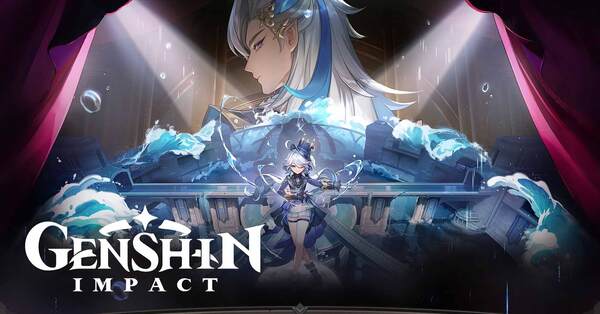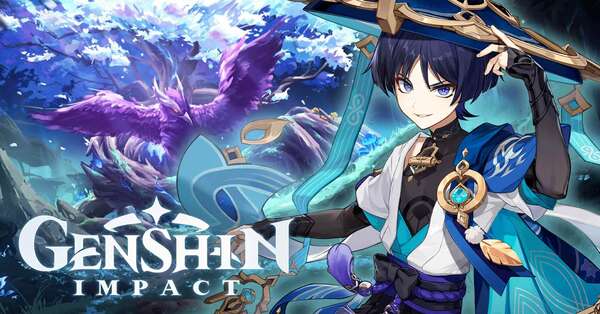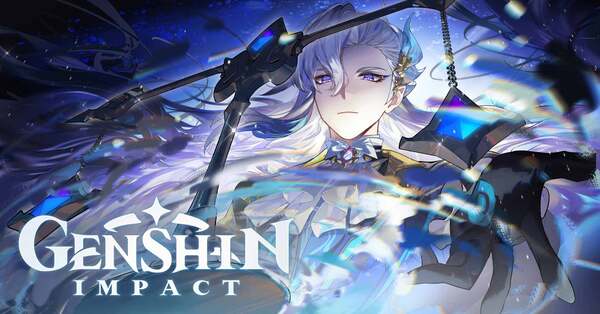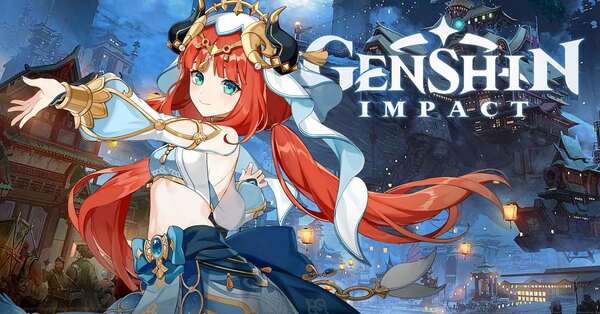
Genshin Impact
All trademarks belong to their respective owners.
Advertisement
Popular Now
Introduction
Teyvat is more than a game world—it is a meticulously engineered narrative ecosystem where every stone, every wind current, and every forgotten ruin tells a story deeper than its immediate visual presentation. Genshin Impact transcends traditional game design, offering a multilayered universe that exists simultaneously as an interactive fantasy, a geopolitical simulation, and a profound meditation on power, identity, and cultural transformation.
The Elemental Architecture of Existence
<p>At the core of Genshin Impact's world-building lies the elemental system—a sophisticated metaphysical framework that transforms natural forces into sentient, interactive energies. Each of the seven nations represents not just a geographical location, but a complex philosophical and cultural paradigm driven by a specific elemental archetype. Mondstadt embodies freedom through Anemo's fluid dynamics, while Liyue represents contract and commerce through Geo's structured permanence. This isn't mere aesthetic design, but a profound narrative mechanism that explores how elemental forces shape civilizational development.Mythological Engineering
The game's approach to mythology is revolutionary. Unlike traditional game narratives that simply retell mythological stories, Genshin Impact actively constructs living mythologies that evolve with player interactions. Each Archon, each regional narrative becomes a dynamic system of cultural and metaphysical exploration.Mythological Construction Layers
- Historical Narrative Foundations
- Current Political Dynamics
- Personal Character Trajectories
- Metaphysical Elemental Interactions
The Geopolitics of Elemental Conflict
Teyvat functions as a complex geopolitical simulation where elemental powers are not just magical abilities, but sophisticated diplomatic and cultural instruments. The tensions between nations like Inazuma and Snezhnaya represent intricate power dynamics that mirror real-world geopolitical complexities.
Narrative Fragmentation as a Design Philosophy
Genshin Impact's storytelling deliberately fragments narrative coherence, creating a mosaic-like experience where players must actively piece together understanding. This approach transforms passive story consumption into an active archaeological process of cultural and historical reconstruction.Narrative Fragmentation Techniques
- Hidden Lore Fragments
- Character Voice Lines
- Environmental Storytelling
- Incremental World Quests
Cultural Syncretism and Representation
The game's world-building represents a sophisticated approach to cultural representation. Each region draws inspiration from real-world civilizations while creating entirely original mythological frameworks. Inazuma's Japanese-inspired aesthetic, Liyue's Chinese cultural references demonstrate a nuanced approach to cultural translation.The Metaphysics of Character Development
Characters in Genshin Impact are not mere gameplay tools but complex narrative vectors. Each character carries intricate backstories, philosophical perspectives, and metaphysical connections that extend far beyond their immediate gameplay mechanics.
Evolutionary Narrative Mechanics
Unlike static game worlds, Teyvat is designed as an evolving ecosystem. Regular updates don't just add content but fundamentally reshape the world's narrative and metaphysical understanding, creating a living, breathing universe that grows with player engagement.Digital Anthropology of Player Interaction
The game creates a unique form of digital anthropology where player interactions, community theories, and collective storytelling become integral to world-building. The narrative becomes a collaborative process between developers and a global player base.The Philosophical Landscape of Power
Underlying Genshin Impact's narrative is a profound exploration of power—its manifestations, limitations, and transformative potential. Each Archon, each elemental system represents a different philosophical approach to understanding collective and individual agency.


















